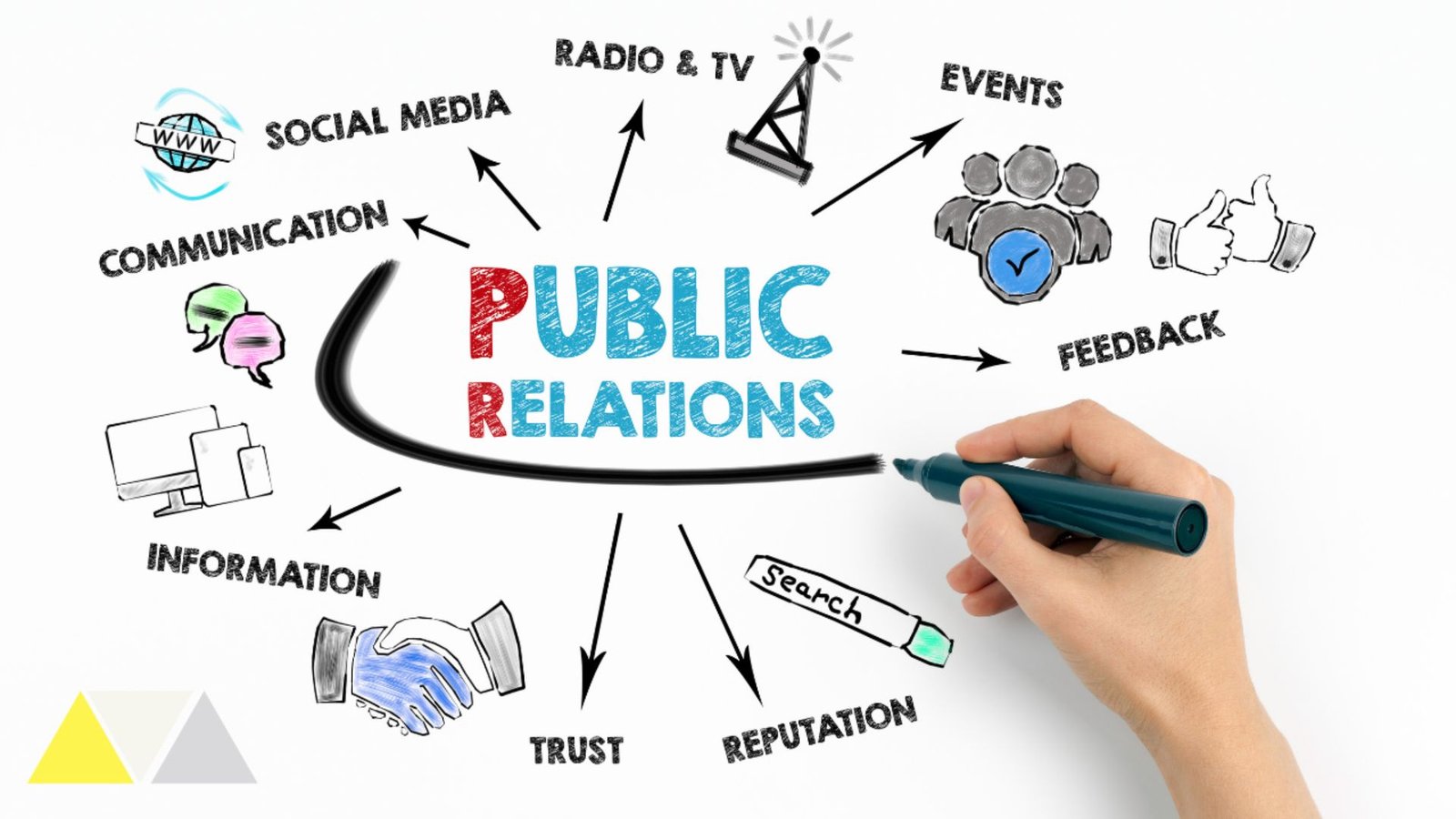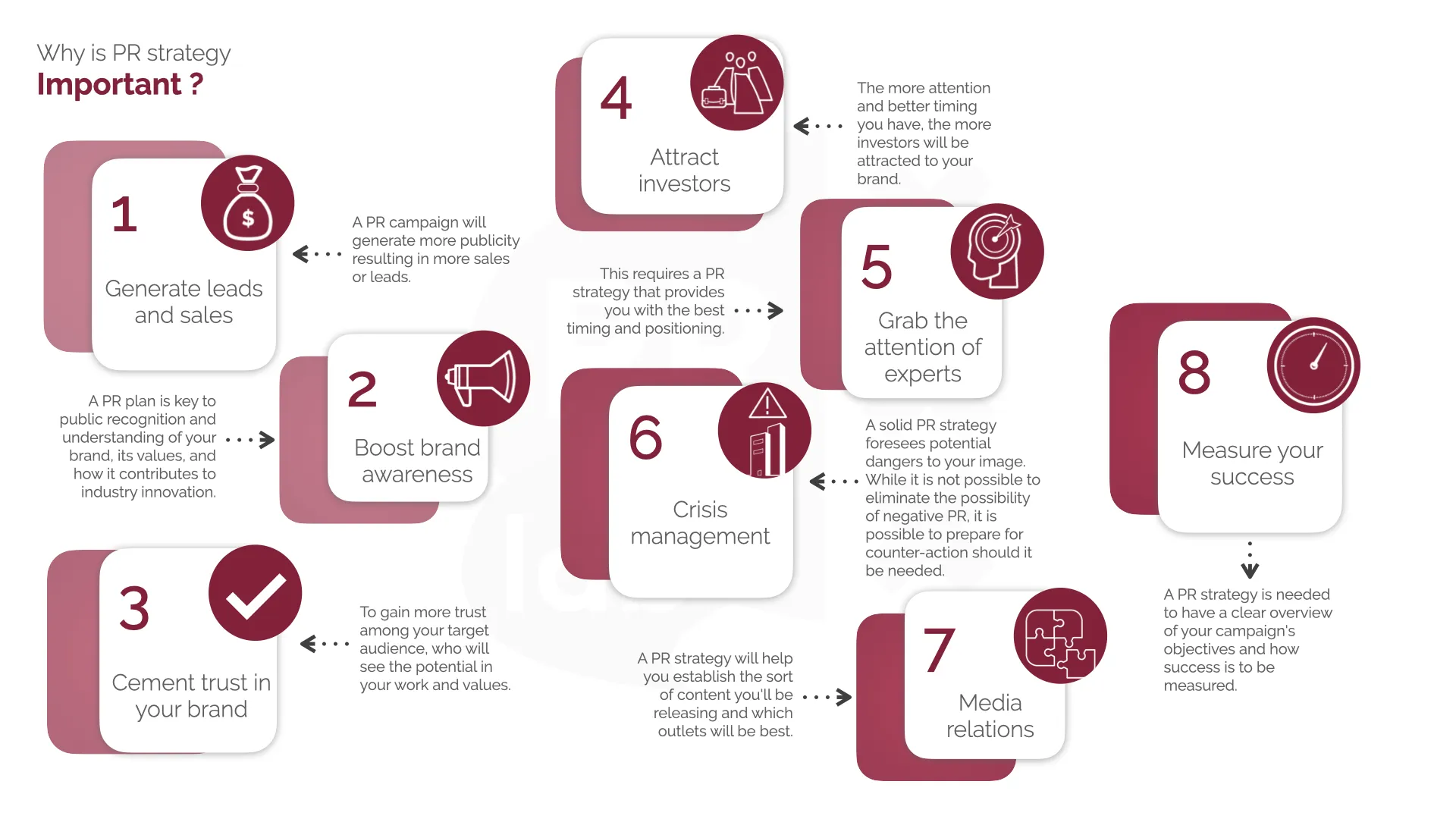Media relations is a cornerstone of public relations (PR), playing a critical role in how organizations communicate with the public and build their reputations. By fostering strong relationships with the media, organizations can effectively share their messages, manage their public image, and influence public perception. This article explores the importance of media relations in PR and provides strategies for building and maintaining successful media relationships.

1. What is Media Relations?
Media relations is the practice of working with journalists, editors, and media outlets to deliver your organization’s messages to the public. It involves building and nurturing relationships with media professionals to ensure accurate and favorable coverage of your organization’s news, events, and activities.
Difference from Public Relations
While public relations encompasses all aspects of managing an organization’s communication and reputation, media relations specifically focuses on interactions with the media. It is a subset of PR but a crucial component that can significantly impact how an organization is perceived.
2. The Role of Media Relations in PR
Amplifying Your Message
Media outlets have broad reach and credibility. By securing coverage in reputable media, organizations can amplify their messages to a larger audience than they might reach on their own. This amplification is vital for increasing brand awareness and credibility.
Shaping Public Perception
The media plays a powerful role in shaping public opinion. Positive media coverage can enhance an organization’s reputation, while negative coverage can harm it. By maintaining good media relations, organizations can influence how they are portrayed and perceived by the public.
Crisis Management
During a crisis, the media is often the first point of contact with the public. Strong media relations can help organizations manage the narrative, provide timely and accurate information, and mitigate the impact of negative events.
Building Credibility
Media outlets are trusted sources of information. When journalists report on your organization, it lends credibility to your message. This third-party validation is more powerful than self-promotion and can significantly boost public trust.
Driving Engagement
Media coverage can drive engagement by encouraging the public to learn more about your organization, visit your website, or participate in your events. Effective media relations ensure that your stories are told in a way that resonates with your target audience.
3. Benefits of Effective Media Relations
Enhanced Reputation
Consistent, positive media coverage helps build and maintain a strong reputation. Being featured in respected media outlets can position your organization as a leader in your industry and a trusted source of information.
Increased Visibility
Media relations can increase your visibility in the marketplace. Whether through news articles, interviews, or feature stories, being present in the media keeps your organization top-of-mind for both the public and potential customers.
Crisis Prevention and Mitigation
Good media relations can help prevent crises from escalating by ensuring that your side of the story is heard. If a crisis does occur, established relationships with journalists can lead to more balanced and fair coverage.
Influence and Authority
Regularly appearing in the media as an expert or thought leader can increase your influence and authority within your industry. This can open doors to speaking opportunities, partnerships, and other forms of recognition.
Long-Term Relationships
Building strong media relationships can lead to long-term partnerships that benefit your organization. Journalists who know and trust you are more likely to cover your stories, seek your input for articles, and give you the benefit of the doubt during challenging times.
Conclusion
Media relations is a vital aspect of public relations that can significantly impact an organization’s visibility, reputation, and success. By building and maintaining strong relationships with the media, organizations can amplify their messages, shape public perception, and effectively manage crises. Implementing the right strategies, such as knowing your media contacts, providing value, and responding quickly, can enhance your media relations efforts and lead to long-term benefits for your organization.




